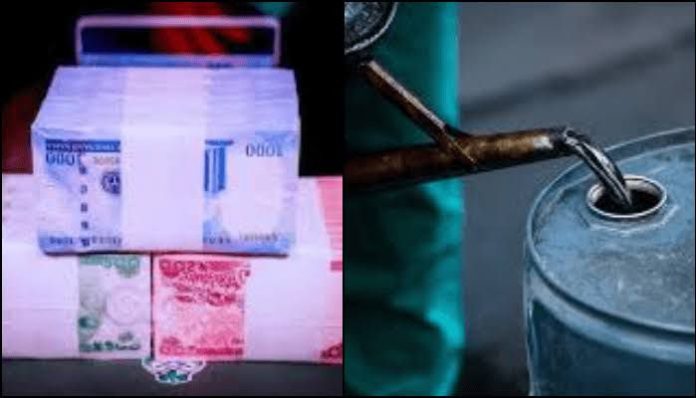After years of unwavering advocacy for a stronger, self-respecting national currency, Senator Ned Munir Nwoko’s vision has been validated as the Federal Executive Council (FEC) officially approved the Naira-for-Crude policy, a seismic shift in Nigeria’s economic direction.
On Wednesday, the Ministry of Finance announced that the FEC has mandated the full implementation of the policy, compelling local refiners to pay for Nigerian crude oil in Naira.
This landmark decision ends the era of half-measures that allowed foreign currencies to dominate local transactions, even for Nigeria’s most valuable resource.
For Senator Nwoko, representing Delta North, this development is nothing short of a political and ideological triumph.
For years, he has championed the need for structural demand for the Naira, arguing that no currency can thrive if it’s consistently sidelined in its own economy.
From salaries to contracts, and crucially, the sale of crude, Nwoko has long insisted that the Naira must take precedence.
Critics once dismissed his views as unrealistic, citing Nigeria’s deep entanglement with the U.S. dollar and other foreign currencies.
But Nwoko stood firm, even going as far as proposing a bill to ban foreign currencies in domestic transactions.
His central message remained clear: until the Naira is treated with the dignity it deserves, economic sovereignty will remain a distant dream.
The FEC’s adoption of the Naira-for-Crude policy not only echoes this philosophy but sets a new precedent.
If major players like the Dangote Refinery must now purchase crude in Naira, it will boost demand for the currency, potentially stabilizing and strengthening it in the long term.
And if similar strategies are applied across other sectors, the implications for Nigeria’s economic autonomy could be profound.
At its heart, this move is about reclaiming national pride. Senator Nwoko has often questioned why Nigerians glorify foreign currencies within their own borders, calling for a paradigm shift that places the Naira at the center of national life. With this latest directive, the federal government appears to be listening.
Yet, challenges remain. The success of this policy hinges on meticulous implementation and sustained political will.
But for now, the tone has undeniably changed, from tentative pilot programs to decisive national policy.
Senator Nwoko’s tenacity has paid off. What once seemed radical is now a cornerstone of government strategy. As he aptly puts it: “It’s not about rejecting the dollar. It’s about respecting the Naira.”
The journey toward true economic independence may still be long, but this is a defining step in the right direction.

















